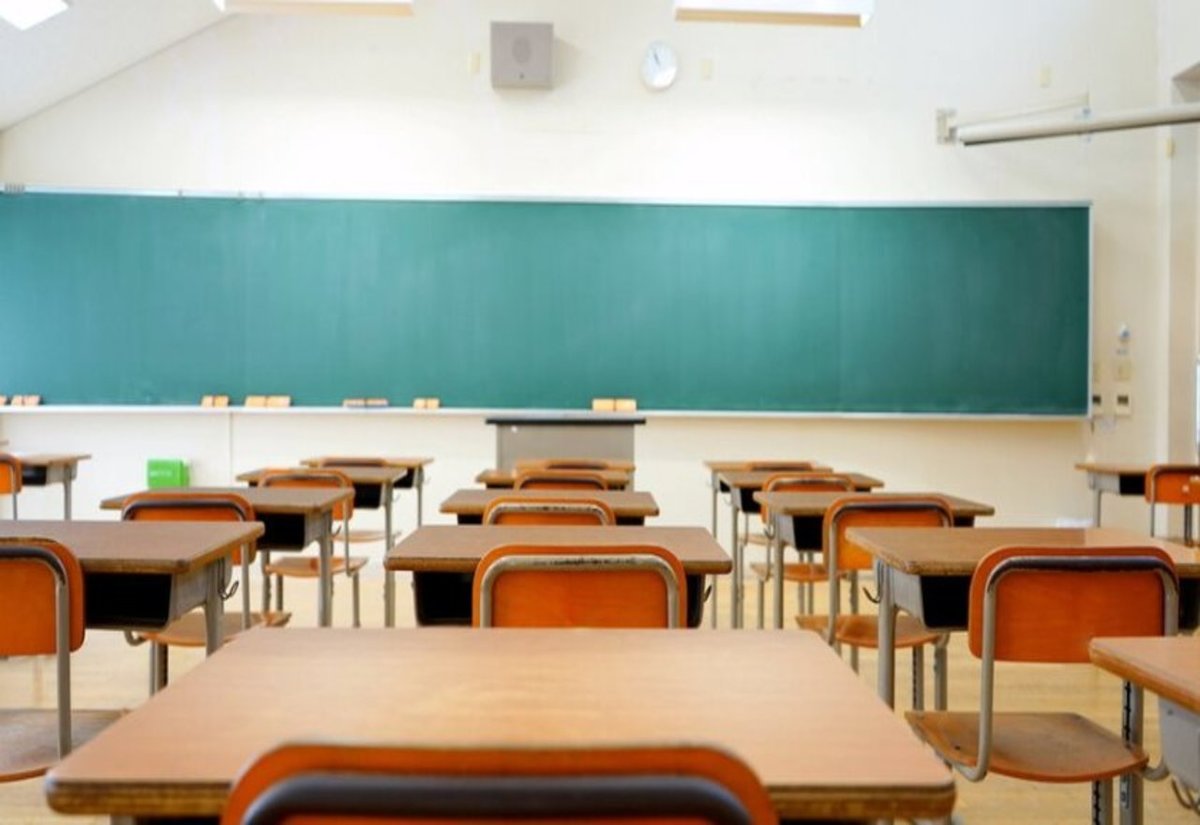Teacher recruitment initiatives fail existing teachers
Laura Williams
14 December 2021, 2:20 AM
 The Government is looking to Year 12 students to save the teaching industry.
The Government is looking to Year 12 students to save the teaching industry.A new recruitment initiative has been introduced to rebuild the blinding teaching vacancies that are occurring throughout the Western Plains and other rural areas, but teachers say that change from the ground up is the only fix needed.
In the new ‘Grow Your Own’ program that was introduced this week by the NSW Government, high performing country kids will be targeted through a new program encouraging more people to consider a teaching career within their own regional community.
The announcement, which follows last week’s statewide teacher strike against work and pay conditions, is a new approach to sourcing teachers.
President of the Coonamble Teacher Association Raymond Happ said that addressing the reasons for strike is the only way to fix the industry.
“It’s very difficult to attract staff out west. We’re very fortunate to have incentives to encourage people, but it seems that when they do come in, the workload outstrips the incentives sometimes,” Mr Happ said.
Minister for Regional NSW Paule Toole said the new program will strengthen the quality of teachers in regional communities.
“Research tells us that people who grew up in the bush are more likely to go on to practice their careers in a regional setting than those from metropolitan backgrounds,” Mr Toole said.
Since the strike that occurred last week, progress with negotiations between government and teaching representatives have seemingly remained stagnant, with no new movements from either party reported.
Instead, the ‘Grow Your Own’ program is an attempt to fill the 3000 vacant permanent teaching positions in NSW, as reported by statistics from the Department of Education.
“Our new ‘Grow Your Own’ program will target senior students who, after Year 12, will have the opportunity to be employed initially as a School Learning Support Officer in a regional school for a year to gain valuable work experience through the rewarding profession of teaching,” Mr Toole said.
“After this year, students will be supported by the NSW Government to apply for an initial teacher education degree, with the expectation that they would pursue their career back in their local community or in another regional, rural, or remote town,” Mr Toole said.
In the Catholic school sector, local schools are taking a similar approach by innovating their recruitment process to increase their attraction.
In the Wilcannia-Forbes Diocese, Recruitment Coordinator Carmen Walsh said that there has been less and less teachers available to them.
“Experiencing teacher shortages across rural and regional Australia isn’t new. This is something we’ve been working with for many, many years. We don’t have the numbers that our metro partners have to draw upon for teachers, so we’ve been proactive in trying to address the issue,” Ms Walsh said.
The diocese has come up with various innovative approaches to recruitment, including a referral rewards system for teachers who bring in other teachers.
Like the diocese, the NSW Government is rolling out more initiatives to attract teachers to regional NSW, where retention has always remained an issue.
New initiatives include enhancements to the rural and remote incentives scheme, increased teaching rural scholarships, an expanded Rural Experience Program for existing metropolitan teachers, and a package of community induction support for new teachers in regional areas.
While the initiatives may draw more people to the career path, it fails to address the issues that existing teachers are in crisis over.
The ‘Grow Your Own’ program will be piloted in 2022 in several regional schools that are yet to be announced.